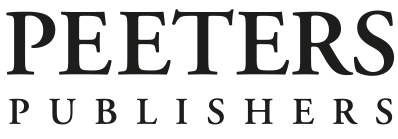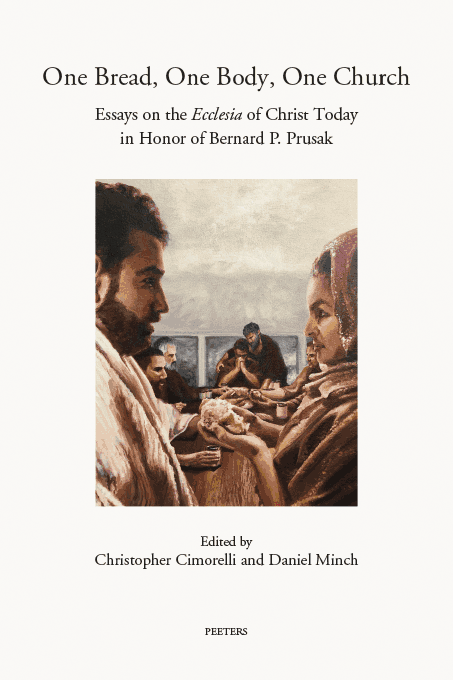

 0
EN
0
EN

How does the church come from Jesus? Previously, this was a much
clearer and more settled question. It could be answered from dogmatic
conclusions, rather than from historical investigation. Since the
methodological revolutions in Catholic theology of the twentieth century
that initiated hermeneutical processes of self-discovery, potential
answers to this question are far less stable and comprehensive. The
recovery of past elements of tradition and the uncertainty of the future
demand creative answers to the challenges facing the church regarding
its identity. This volume, prepared in honor of Bernard P. Prusak,
attempts to constructively explore the question of ‘how’ the church
comes from Jesus. The contributors have provided critical reflections
from different theological disciplines in order to think this question
anew from a more ‘synoptic’ perspective in line with Prusak’s own
theology. His work consistently plumbs the depths of Christian history
and traditions, alive to the liturgical and sacramental life of the Body
of Christ, to address the concerns of Christians seeking understanding
of their faith today.
This volume is comprised of fifteen chapters across two parts, including contributions from four generations of theologians associated with Prusak and his theology. Part I investigates the identity of the church and what it means to encounter God’s revelation in history. It features contributions from biblical, liturgical, and systematic theologians on topics ranging from scriptural metaphors to receptions of the Second Vatican Council. Part II seeks to apply critically the principles of faith to the morally complex, ever-changing contemporary world. Contributions here explore systematic considerations of Prusak’s ecclesiology in dialogue with Pope Francis’s concept of mercy, the role of women in the church, ecclesial power structures, grace, and the future of the ‘church unfinished’.



